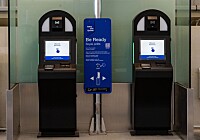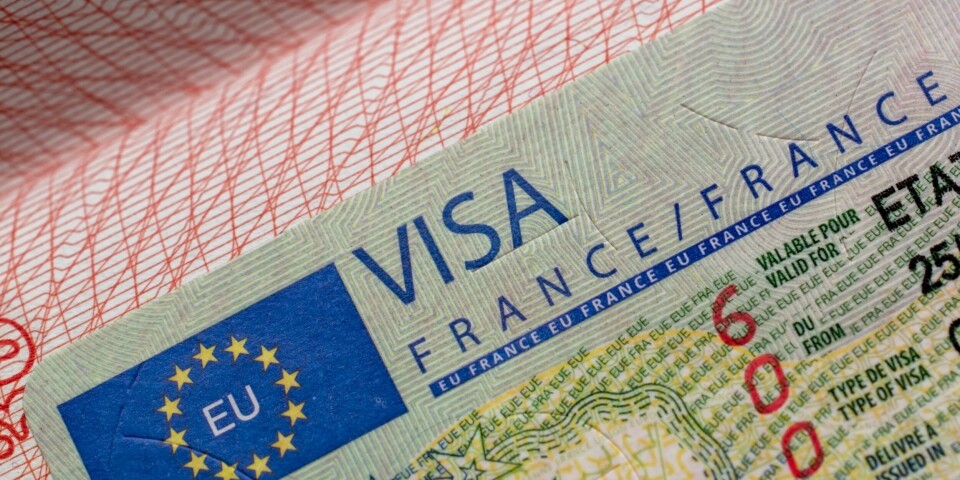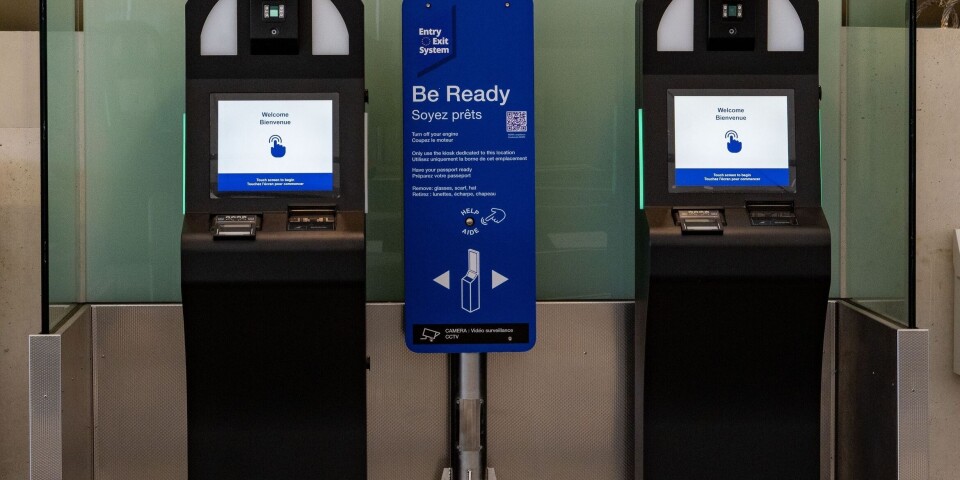Driving abroad? Where a French driving licence will and won’t work
An international licence is a requirement under certain circumstances
Your French licence can be enough on its own to legally drive in some countries
Phovoir/Shutterstock
There was a time when it was recommended that you have an international driving licence every time you drove out of your own country.
In those days they were the size of an old-fashioned passport, had photos stapled in them, and were beige coloured.
Now they are slightly larger than passports, and have grey covers with white pages.
The outside and inside of the front cover are in a language of the issuing state, the last two inside pages must be in French (even for French-issued licences) and the other pages include translations of the licence into languages which must include English, Russian and Spanish.
Where do you need an international driving licence?
Freedom of movement within the European Union means that national licences are now sufficient for all countries within the European economic area, Switzerland and the United Kingdom.
But for holders of French driving licences it is still recommended that you have a permis de conduire international (PCI), for some countries, not least because it means you avoid having to carry around an officially approved translation of the French licence into an official language of the country you want to drive in.
Effectively, the PCI acts as an official translation of the French licence.
Getting a PCI is free in France – so do NOT sign up to websites offering to “help” you get one for a fee, which is often €70 or more.
Outside Europe, the rules of whether or not you need a PCI vary from place to place and for how long you stay in a country.
Examples are the United States where a French licence, which has been valid for at least a year, is good, on its own, for a stay of less than three months, while a PCI with an associated French licence is good for a year, as long as you are not a permanent resident in the US.
In South Africa, the official rule is that a French licence has to be backed by a PCI or translated into one of the country’s official languages and stamped by the French consulate.
However, in practice, a valid French licence alone is enough to hire a car and for police checks.
In New Zealand, a French licence is good for a stay of one year, but only if it is accompanied by a PCI or an officially stamped translation of the French licence.
In Quebec, you can drive on a French licence alone for six months, while for only three months in the rest of the country. After that time a French licence has to be backed by a PCI.
The French government’s Sécurité Routier site has a list of licence requirements in different countries.
Read more: LIST – Obligatory equipment new cars must now have in France
There are large gaps though where countries seem not to have supplied information and the recommendation is that you enquire at embassies or consulates before setting out.
How to get an international driving licence in France
Unfortunately, PCIs are issued in France via the very overstretched Agence nationale des titres sécurisés, usually referred to as Ants.
It recommends an application is made six months before a licence is needed – although there is a queue-jumping provision if you need a PCI for a business trip and your employer provides an attestation to that effect.
If you are self employed you can provide an attestation sur honneur.
It is compulsory that a pre-demande for the PCI is made online – a list of free public internet points should be available at your mairie if you do not have internet at home.
For the pre-demande, you have to scan or photograph your ID card or titre de séjour, an electricity bill from the past six months to prove your residence (EDF and other suppliers give digital versions on the internet), your driving licence, and the attestations if the PCI is needed for business.
The pre-demande has to be followed by a letter from you to either the Prefecture de police de Paris, or a dedicated office for PCI applications in Cherbourg, within 15 days.
The letter must contain the attestation de dépôt you got with your pre-demande, an official ID photo, a hard copy of the attestation if you need it for business, and a self-addressed envelope with stamps on it for a 50g letter.
When the PCI is ready, it will be put in the self-addressed envelope and delivered via the post.
It is valid for three years.




























